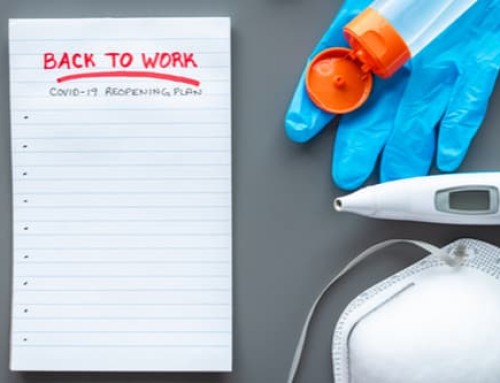As a labor and employment lawyers in South Carolina, our attorneys advise many companies that employ commercial motor vehicle (CMV) drivers who are required to carry a Commercial Driver’s License (CDL). Understanding and following the most up-to-date information on the laws regulating CDL holders can save your company money and help you avoid fines and penalties.
The Controlled Substances and Alcohol Use and Testing Rule
The testing rule allows the Federal Motor Carrier Safety Administration (FMCSA) to regulate how employers randomly screen their CDL driver employees for controlled substances and was established in 2001. The testing rule not only tells employers how to test employees for controlled substance and alcohol use, but also sets the minimum annual percentage rate for the controlled substance testing (either 50% or 25% of the average number of CDL driver positions). Each year, motor carriers selected for a survey are requried to report their DOT drug and alcohol testing program results to the FMCSA. The FMCSA Administrator can then choose to increase or decrease the percentage rate based on the industry’s overall positive random controlled substance test rate as reported by the surveyed carriers. The rate was initially set at 50%, but the FMCSA Administrator may lower the rate to 25% when the industry-wide positive test rate is less than 1.0% for two consecutive calendar years.
Change in the Minimum Test Rate for 2016
For three years in a row (2011, 2012, 2013), random testing showed less than 1.0% positive results industry-wide per FMCSA’s collection of data. As such, beginning January 1, 2016, the FMCSA dropped the required minimum random controlled substance test rate from 50% to 25% of the average number of CDL driver positions in an company. Random alcohol testing remains at 10%.
This Change Could Add Up To Big Savings
What does this change mean for your company? If your company employs CDL drivers in South Carolina, you must meet certain regulatory requirements of the FMCSA. Part of those regulations require your company to provide a policy to your commercial vehicle drivers that lays out your drug and alcohol testing procedures and policies. Changing your CDL employee testing policies to match the new, lower FMCSA testing rule’s minimum requirement could potentially save companies thousands of dollars. If employers want to change their random testing procedures, they will need to provide an update in their policies to their CDL drivers. Clear and accurate employee policy manuals for CMV/CDL drivers in South Carolina are critical to complying with state and federal regulations to avoid fines. Contact an experienced labor lawyer at Gignilliat, Savitz & Bettis to review your company’s employee policies and procedures.






